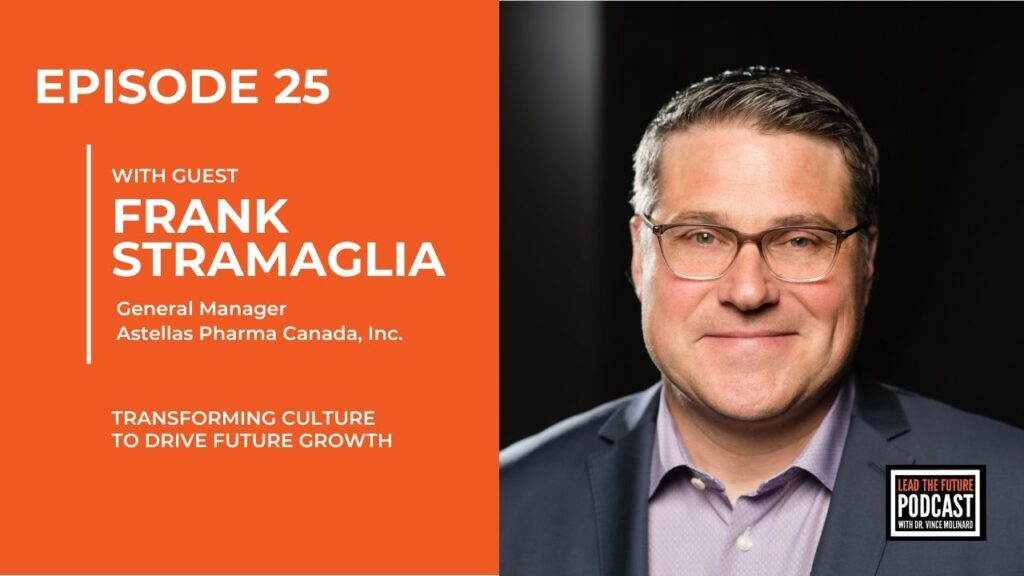It may come as some surprise to you, but loneliness is fast becoming one of the most important health issues facing our society.
Recently, Vice Admiral Vivek H. Murthy, who served as Surgeon General of the United States from 2014 to 2017, published a great article in the Harvard Business Review that examines loneliness and its impact on our lives.
Dr. Murthy cites research that shows that 40% of adults in the United States report feeling lonely. He believes that emotional well-being is one of the most important and underappreciated drivers of health. He has also seen firsthand (working with patients) the impact that loneliness and social disconnection can have on health and productivity. His article is definitely worth a read and a good investment of your time.
Loneliness is also an affliction faced by many business leaders. Research conducted in 2012 that was also published in the Harvard Business Review found that half of all CEOs suffer from loneliness and isolation, and that the gross majority of them feel it negatively affects their performance.
It’s certainly been my observation that loneliness is rampant in many business organizations. There are simply far too many employees who feel disconnected from their colleagues, their leaders, and the goals of the organizations for which they work.
I’ve also found in my consulting work that those in leadership roles are some of the loneliest employees in a company.
Being in a leadership role requires you to perform duties that can cut you off from the people you lead. You are often required to make unpopular decisions, and confront poor performers. You have to engage in difficult conversations all the time. These are absolutely necessary if we are going to be effective leaders, but they also serve to create separation from the people we lead.
This is one of the reasons why my idea of building a community of leaders has been resonating so much during my keynote presentations and consulting work. Employees and leaders are yearning for a greater sense of community in the workplace. I believe those leaders who can create a greater sense of connection with the people they lead will create vibrant cultures that can stop loneliness from taking hold.
Research from the Gallup organization found that having close friends at work is not only good for our psychological health, but also makes us more productive. However, despite the fact that we know that social isolation is not good for us or our organizations, we all continue to face significant hurdles to establishing meaningful connections.
The growth in virtual workplaces means we now have many people working remotely, often from their homes. While this has many benefits, it also serves to isolate people from their colleagues.
I also continue to see entrenched silo thinking that prevents employees and leaders from talking to each other, and limiting the opportunity to build genuine positive relationships.
Finally, I see too many leaders who simply don’t pay attention to the value of building relationships and connections. I believe that changing this type of thinking is the key to bridging the gulf between leaders and the people they lead.
Here are a few questions for you to ask yourself to determine if you are doing enough to form and strengthen positive relationships with your colleagues, and build a greater sense of connection with your team:
- How many times a week do you drop by a colleague’s office, or simply place a call to touch base and see how they are doing?
- How often do you eat lunch on your own, rather than using the opportunity to connect with a colleague over a meal?
- When you have a strained relationship with a colleague, is your tendency to avoid it or do you proactively take steps to improve the situation?
- If you are in a leadership role, what actions are you taking to build a greater sense of purpose on your team, and fostering connections among your employees?
In today’s world, leaders and their companies are under great pressure to deliver business results. We need to do everything we can to ensure that the disconnection that exists in many workplaces is not holding you and your team back.
What are you doing to build deep connections at work?
Gut Check For Leaders








